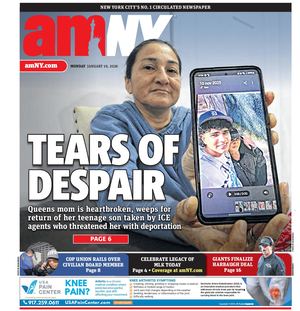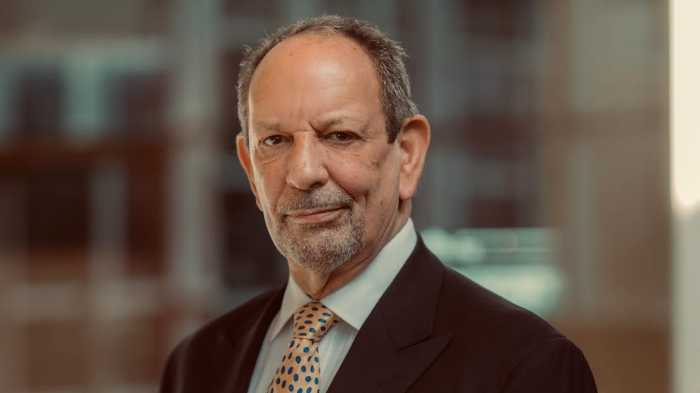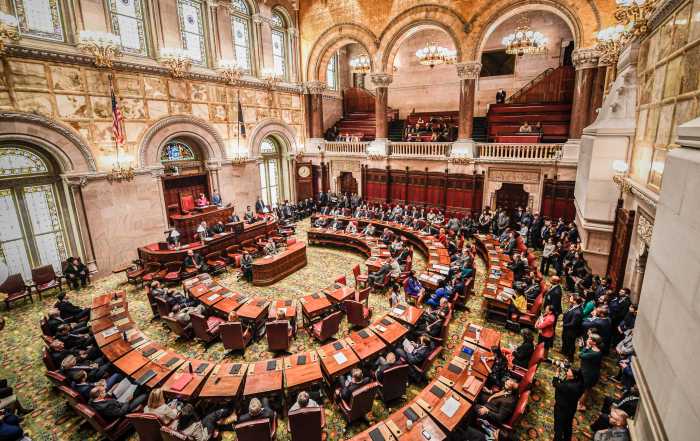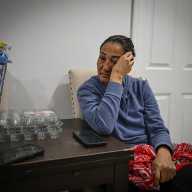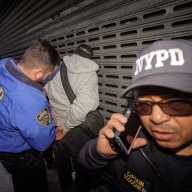Brooklyn District Attorney Kenneth Thompson will never admit it, but his recommendation that Peter Liang serve no jail time for killing an unarmed black man seems a tacit acknowledgment that his office may have misled the jury into convicting the ex-cop.
Thompson said last week the shooting was accidental and that there was no evidence Liang had “intended to kill or injure” Akai Gurley in the darkened stairwell of a Brooklyn housing project.
That contradicts Assistant District Attorney Joseph Alexis, who said in closing arguments that Liang fired deliberately at Gurley.
The jury apparently disregarded the fact that Liang’s bullet struck a wall, then ricocheted, killing Gurley. Jurors convicted Liang of manslaughter, which calls for a maximum 15-year prison term when he is sentenced next month.
With Thompson’s recommendation, perhaps the most relieved participant after Liang is presiding Judge Danny Chun. At sentencing, the Korean-American Chun will be under pressure from Gurley’s family and their African-American supporters and Liang’s Chinese-American backers, who have raised hundreds of thousands of dollars for his defense. Liang’s supporters also have held nationwide protests, noting that white officers are rarely, if ever, indicted, much less convicted, in the deaths of unarmed black suspects.
Thompson’s recommendation gives Chun cover, should he spare Liang prison time. Not that this is a given. Chun might sentence Liang to, say, a year in prison, thinking this might cool passions.
But that also is not a given. Last week, a rabble-rousing crowd descended on Thompson’s office and threatened riots if Chun does not sentence Liang to jail time. Meanwhile, NYC’s black political establishment has been restrained over Thompson’s recommendation.
So did Thompson recommend no jail to diffuse the anger of the police unions, which objected to Liang’s indictment? Was he responding to unfavorable media comment for how his office handled the case? Or did he act from conviction that this was the right thing to do?
Whatever his motivation, his actions throughout the case sent a message: When it comes to the police killing unarmed civilians, Brooklyn is not Staten Island.
